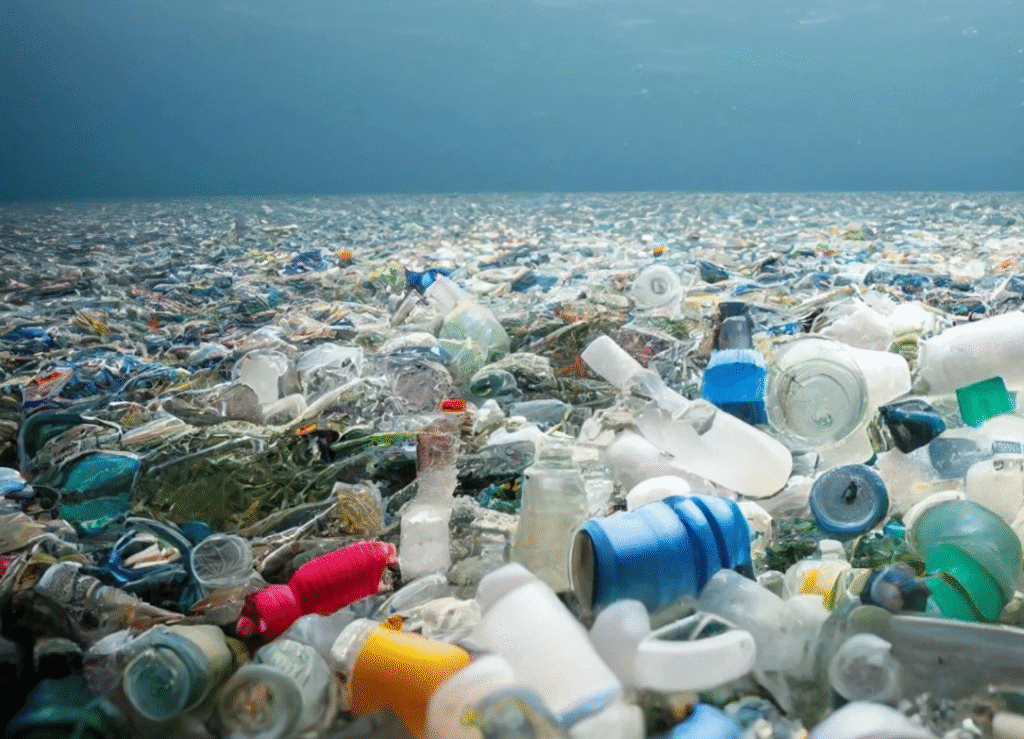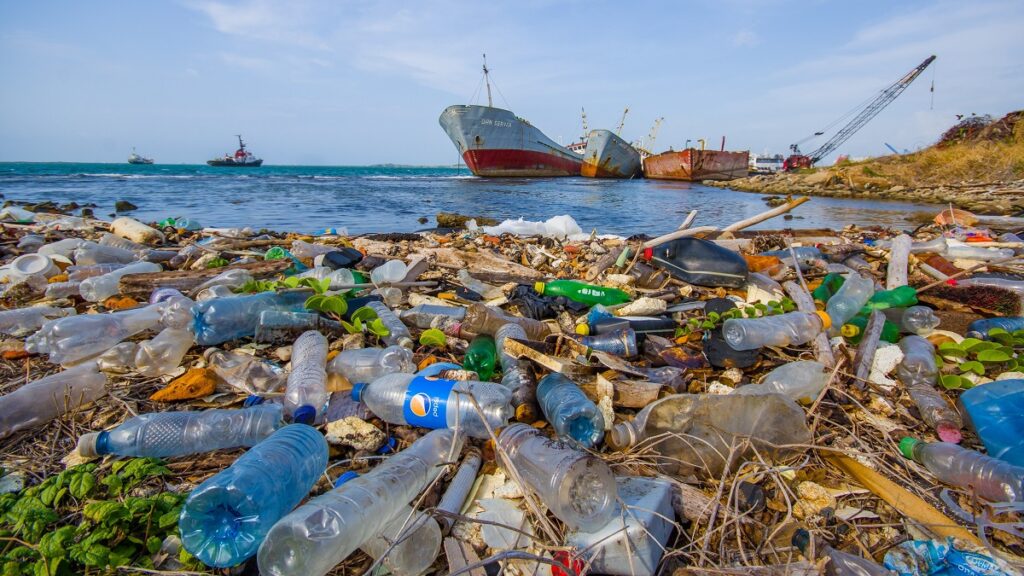Dar es Salaam. As the world prepares for the Fifth Session of the Intergovernmental Negotiating Committee (INC-5.2) to develop a legally binding international instrument on plastic pollution, the Africa Major Groups and Stakeholders (MGS) have released six key recommendations for African negotiators to advocate during the upcoming talks.
The negotiations, to be held in Geneva, Switzerland, from August 5 to 14, 2025, are expected to shape the final stages of the global plastic pollution treaty. The treaty aims to end plastic waste through legally binding commitments from all member states.
The African coalition has put forward a bold and urgent proposal calling for a treaty that addresses the entire life cycle of plastics from fossil fuel extraction and polymer production to final disposal. The proposal emerged from regional consultative meetings held in Nairobi from July 10–13, 2025.
In their joint statement, the African MGS emphasized the need for ambitious and enforceable targets to reduce plastic production, phase out hazardous chemicals, and protect the continent’s most affected and vulnerable communities.

African civil society groups have called for the treaty to align with existing international frameworks, including the UN Environment Assembly’s Resolution 5/14 and the African Ministerial Conference on the Environment (AMCEN) Decision 19/2. One of their key proposals is to introduce a global annual plastic production reduction target of 12–17 percent, starting in 2024.
Given that over 16,000 chemicals are used in plastics at least 4,200 of which are known to be harmful the stakeholders are also calling for the phase-out of hazardous and non-essential plastic products, particularly single-use items. They propose mandatory global reporting on plastic feedstocks and additives to improve transparency and accountability.
A major pillar of the African proposal is a call for a just transition for informal waste pickers and frontline workers, who play a vital role in managing plastic waste across the continent. The statement notes that many of these workers operate under unsafe and unrecognized conditions, with little to no institutional support.
The coalition has also firmly rejected “false solutions” such as waste-to-energy technologies, chemical recycling, and incineration. According to the stakeholders, these approaches only sustain the overproduction of plastics and emit toxic pollutants. Instead, they advocate for a zero-waste model that prioritizes prevention, reduction, reuse, repair, and safe recycling.
To support implementation, the coalition proposes establishing a dedicated multilateral fund financed through mandatory contributions from developed countries and innovative measures such as a polymer production fee. This fund, managed under the authority of the treaty’s Conference of the Parties, would support national action plans and just transition strategies.
Anna Rocha, Executive Director of Nipe Fagio, told Habitat Media that it is vital for African stakeholders to present a unified and proactive stance. “Our recommendations reflect the reality of communities on the ground from the informal waste sector to people suffering from pollution-related health problems. We cannot afford to be reactive anymore; we must lead.”

Rocha highlighted that the consultative process played a crucial role in bringing together African civil society, scientists, and youth.
“These recommendations ensure that we are not negotiating from a place of silence, but from strength,” she said.
“We want a treaty that reflects Africa’s realities, not one imposed from elsewhere.”
She added that the recommendations would be shared with negotiators across various African countries. In Tanzania, for example, they will be submitted to the Vice President’s Office to ensure key national concerns are prioritized during the summit.
The proposal also emphasizes the importance of embedding communication, education, and public awareness into the treaty framework, promoting behavior change and acknowledging indigenous and traditional knowledge systems especially those rooted in circular economy principles.
To maintain inclusivity and effectiveness, African stakeholders are also calling for a clearly defined voting mechanism in the treaty’s decision-making process. This would help prevent stalemates caused by a small number of dissenting countries and ensure timely progress on global commitments.


